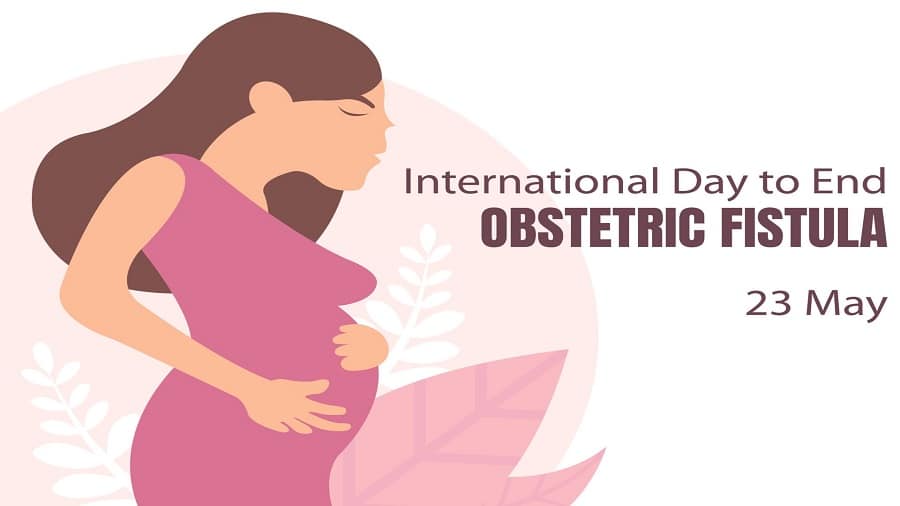International Day to End Obstetric Fistula: History, Theme, and Significance

Obstetric fistula is a distressing condition that affects countless women worldwide, causing significant physical, emotional, and social consequences. In recognition of the urgency to address this issue, the International Day to End Obstetric Fistula was established. This annual observance sheds light on the challenges faced by women living with fistula and aims to mobilize global efforts to prevent and treat this debilitating condition.
International Day to End Obstetric Fistula
Obstetric fistula, often referred to as a silent epidemic, is a devastating childbirth injury that occurs due to prolonged obstructed labor. It results in a hole between the birth canal and the rectum or bladder, leading to uncontrollable leakage of urine or feces. The physical trauma and the stigma associated with this condition severely affect the lives of women, leaving them isolated, marginalized, and often deprived of basic human rights.
Understanding Obstetric Fistula: Causes and Impacts
Obstetric fistula primarily occurs in resource-limited settings where access to skilled obstetric care is limited. Factors contributing to its development include:
- Lack of access to quality healthcare facilities and skilled birth attendants
- Inadequate emergency obstetric care
- Early marriage and adolescent pregnancy
- Malnutrition and poor maternal health
- Lack of awareness about family planning and contraceptive methods
The consequences of obstetric fistula extend far beyond the physical realm. Women affected by fistula often face social isolation, discrimination, and mental health challenges. They may be abandoned by their families, shunned by their communities, and experience a profound loss of dignity.
Read More: 23 May in Indian and World History
On the International Day to End Obstetric Fistula, individuals, organizations, and governments come together to raise awareness about this devastating condition and advocate for lasting solutions. The day serves as a reminder that obstetric fistula is not only a medical issue but also a human rights issue that demands urgent attention. By addressing the root causes, implementing preventive measures, and providing comprehensive treatment and support, we can make a significant impact in ending the suffering caused by obstetric fistula.
Observer Voice is the one stop site for National, International news, Sports, Editor’s Choice, Art/culture contents, Quotes and much more. We also cover historical contents. Historical contents includes World History, Indian History, and what happened today. The website also covers Entertainment across the India and World.

